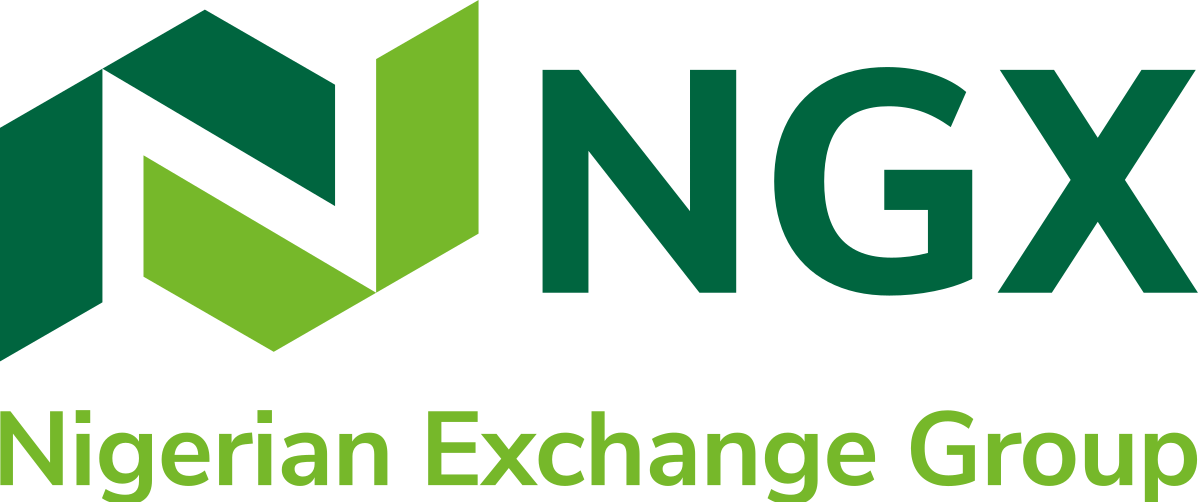Like a tender bud breaking free from its protective shell, growth requires the courage to endure discomfort. President Tinubu’s inaugural address has sparked a sequence of events that initiated a series of transformations, profoundly altering the energy landscape. Among these changes is the elimination of the fuel subsidy, resulting in a substantial increase in petrol prices.
The Back Story
Fuel subsidies in Nigeria were implemented to ensure affordable fuel prices for citizens and stimulate economic growth. As one of Africa’s largest oil producers, Nigeria heavily relies on crude oil for its economy, GDP, and employment opportunities. However, sustainability concerns have emerged due to the strain on government finances and associated challenges.
The history of fuel subsidies in Nigeria dates back to October 2000 when supply inadequacies from the country’s refineries prompted the government to establish a committee to review petroleum product pricing and distribution. This committee led to the formation of the Petroleum Products Pricing Regulatory Committee (PPPRC), which later evolved into the Petroleum Products Pricing Regulatory Agency (PPPRA). The PPPRA utilizes a price modulation mechanism that allows for adjusting petroleum product prices in response to changes in global oil prices. This mechanism enables the government to regulate fuel prices and maintain stability in the domestic market.
However, fuel subsidies have become increasingly unsustainable in recent years. The high costs of maintaining subsidies, inefficiencies, corruption, and fraudulent practices have strained the government’s finances. The subsidies have also led to issues such as smuggling and black-market activities, economic distortions, and reduced investment in critical sectors. To address these challenges, the Nigerian government has undertaken efforts to reform the subsidy system. Recently, the newly elected president Bola Ahmed Tinubu announced the removal of the fuel subsidy resulting in the current fuel price hike. The recent fuel price hike has sparked debates and raised concerns about its impact on inflation, transportation costs, household budgets, and economic growth.
What does this mean for our Economy?
Subsidies distort market dynamics and discourage healthy competition in the oil industry. With the removal of petrol subsidies, the downstream sector can operate in a more market-driven environment. This fosters competition, encourages efficiency, and allows for a more dynamic and responsive industry.
The subsidy regime has disincentivized investment in local refining capacity in Nigeria. By removing petrol subsidies, the downstream sector becomes more attractive for investment in refining infrastructure. This can lead to the construction of new refineries and the expansion and modernization of existing ones. Increased refining capacity would reduce Nigeria’s reliance on imported petroleum products, boost local production, create jobs, and enhance energy security.
Furthermore, The removal of petrol subsidies can incentivize investment in alternative energy sources and technologies. With higher petrol prices, there is a greater motivation for consumers, businesses, and the industry to explore and adopt cleaner and more sustainable energy options. This could lead to increased investment in renewable energy, natural gas, and other environmentally friendly alternatives, fostering a transition to a more diversified energy mix.
From a fiscal sustainability perspective, removing fuel subsidies can alleviate the burden on the government’s finances. Redirecting funds from subsidies to priority sectors can help address budget deficits and create a more sustainable fiscal environment. This, in turn, can enhance investor confidence and attract foreign direct investment, signalling to foreign investors that the Nigerian government is committed to economic reforms and creating a favourable business environment.

On the Flip Side
The removal of petrol subsidies can contribute to inflationary pressure in the economy. Higher fuel prices result in increased transportation costs, which can lead to higher prices for goods and services. This can erode the purchasing power of consumers and negatively affect businesses’ profitability. The impact on inflation needs to be closely monitored and managed to ensure price stability and mitigate any adverse consequences on the broader economy.
Without subsidies, petrol prices would be subject to market fluctuations, including changes in global crude oil prices and exchange rates. This can lead to increased price volatility, making it difficult for consumers to predict and plan for their fuel expenses. Higher petrol prices could also put a strain on the budgets of individuals, households, and businesses, particularly those with lower incomes or operating on tight profit margins.
Removing petrol subsidies necessitates effective regulatory frameworks and enforcement mechanisms to prevent anti-competitive practices, price manipulation, and market distortions. Strengthening regulatory institutions and ensuring transparency in the sector is crucial to maintain a fair and competitive market environment.
How does this inflationary pressure affect the Equities Market?
Inflationary pressure can impact the Nigerian Equities Market in several ways.
Inflation can affect the valuation of equities. As prices rise due to high inflation, companies may be able to increase the prices of their products or services, leading to higher revenues. This, in turn, can positively impact their earnings and potentially increase the value of their stocks. However, if companies struggle to pass on higher costs to consumers or face margin pressures, their earnings may be negatively affected, leading to a decline in stock prices.
Also, a high inflation rate can create uncertainty and reduce investor confidence in the market. Investors may become more risk-averse and cautious, which can result in increased market volatility and potential sell-offs. This sentiment shift can negatively impact equity prices.
It’s noteworthy that different sectors of the economy are affected differently by inflation. Value stocks, that is established, slow growing firms with solid earnings, are known to outperform growth stocks in periods of high inflation. Some industries are also known to be defensive which means they remain stable regardless of economic/market performance; examples include household products, food producers, pharmaceuticals, and utilities.
This is the best time for investors in the Nigerian market to adopt personal finance best practices of reviewing income and expenses, developing and sticking to a budget, saving and investing. Investors must also pay careful attention to the diversification of their portfolios across industries.







